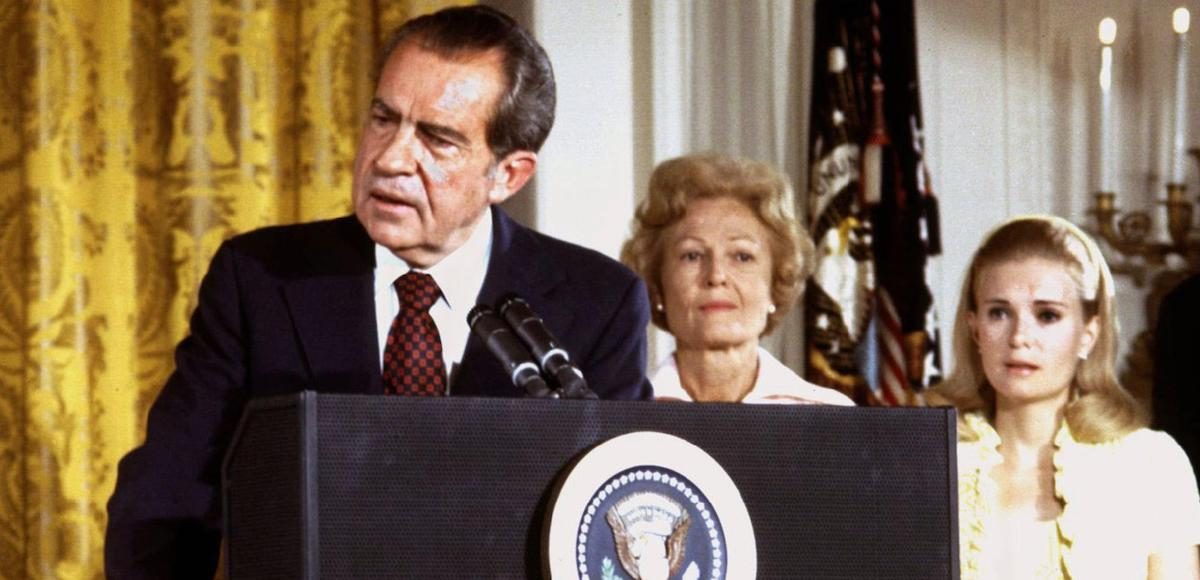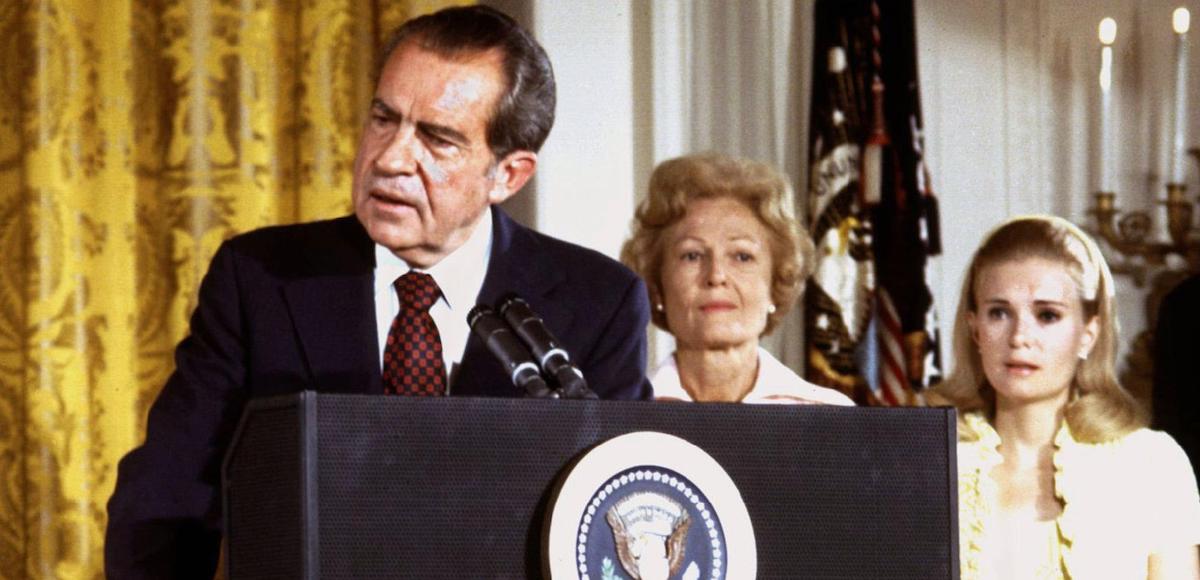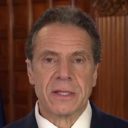

U.S. President Richard Nixon (L), listened to by First lady Pat Nixon and daughter Tricia Nixon (R), says goodbye to family and staff in the White House East Room on August 9, 1974. (Photo: Reuters)
A few days ago, using several methodologies, I calculated how fast government spending increased during the presidencies of Lyndon Johnson, Richard Nixon, Jimmy Carter, Ronald Reagan, George H.W. Bush, Bill Clinton, George W. Bush, and Barack Obama.
One of my big takeaways was that Republican presidents – with the exception of Reagan – allowed the burden of government spending to increase far too rapidly. Oftentimes faster than budgets grew under Democratic presidents.
That column generated a lot of feedback. And whether the responses were positive or negative, a common theme was that presidents shouldn’t be judged solely based on the growth of federal spending – both because Congress plays a big role and because there are many other policies that also matter when assessing economic policy.
President |
Domestic Spending (Non-TARP) |
| Reagan | 0.6% |
| Clinton | 2.5% |
| Carter | 2.8% |
| Obama | 3.3% |
| G. W. Bush | 3.9% |
| H. W. Bush | 6.3% |
| Johnson | 6.5% |
| Nixon | 8.4% |
I fully agree, and I explicitly noted that the relatively good spending numbers during the Obama years were because of policies – sequestration, shutdowns, etc – he opposed.
And I also concur that other policies matter. That’s one of the reasons I’m always highlighting Economic Freedom of the World. Yes, fiscal policy is one of the variables, but monetary policy, trade policy, regulatory policy, and the rule of law are equally important.
Indeed, I did an overall assessment of Bill Clinton a few years ago, comparing the pro-growth polices that were adopted during his tenure with the anti-growth policies that were implemented.
The bottom line is that economic liberty increased during his presidency. Significantly. Others can debate about whether he deserves full credit, partial credit, or no credit, but what matters to me is that the overall burden of government shrank. And that was good for America.
It’s time to do an overall assessment of economic policy for other presidents. And we’ll start with one of America’s worst presidents, Richard Nixon.
He’s mostly infamous for Watergate, which led to his resignation, but he also should be scorned because every single major economic policy of his presidency expanded the size, scope, and power of the federal government. Here’s the list, with a couple of the items getting larger bars because the policies were so misguided.
Is it true that there were no good economic policies under Richard Nixon? I asked Art Laffer, who worked at the Office of Management and Budget at the time, whether there were any pro-market reforms during the Nixon years.
He mentioned that the top tax rate on labor and small business income was reduced from 70 percent to 50 percent as part of the Tax Reform Act of 1969. I would have included that law in the pro-growth column, except that was the legislation that also created the alternative minimum tax (for both households and corporations). And there was an increases in the tax burden on capital gains, as well as a more onerous tax regime for new investment. My assessment is that these bad provisions basically offset the lower tax rate.
For what it’s worth, Nixon also proposed a value-added tax, which is yet another piece of evidence that he was a terrible statist. But I only include policies that were enacted rather than merely proposed (if I did include proposed policies, Bill Clinton would take a hit for Hillarycare).
P.S. I’m open to revising this list. I probably missed some policies, perhaps even a good one. And maybe I’m overstating the negative impact of spending increases and price controls, or understating the bad consequences of other policies. Feel free to add your two cents in the comments section.






